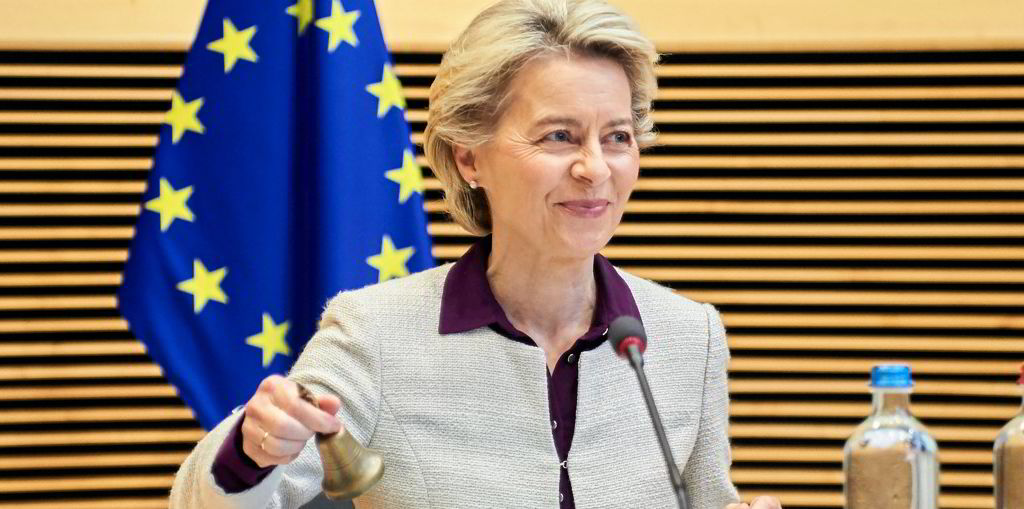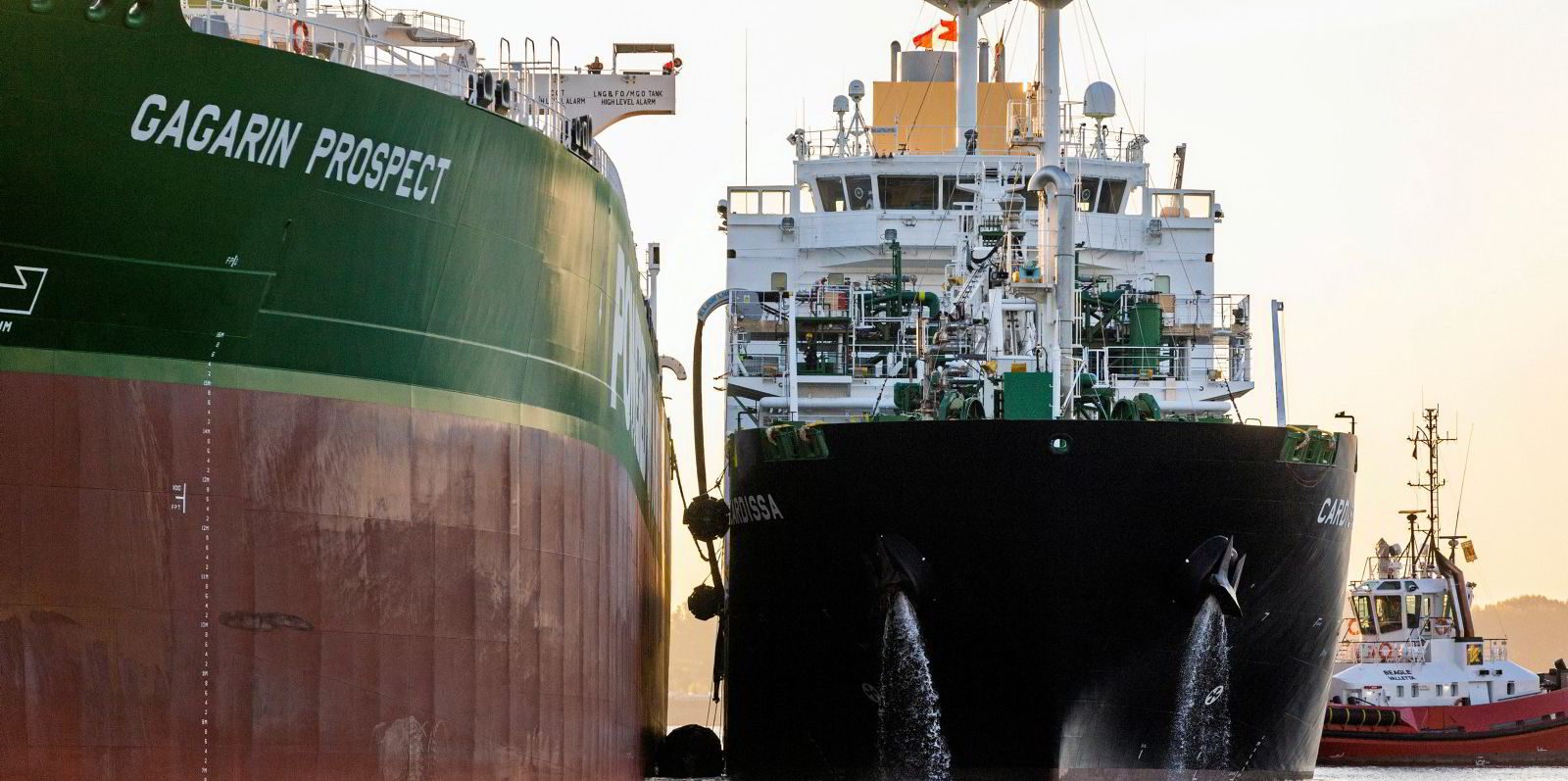The European Union is poised to unveil a complex web of plans when it reveals details for shipping’s inclusion in its Emissions Trading System (ETS) on July 14 as well as its FuelEU Maritime directive.
Proposals for both schemes, which have been leaked in recent weeks, have been criticised by the shipping industry and environmentalists, but the final plans could still diverge from the suggested plans.
FuelEU Maritime is intended to increase the use of sustainable alternative fuels by addressing market barriers that hamper their use and uncertainty about which technical options are market-ready.
However, respected Brussels-based non-governmental organisation Transport & Environment (T&E) said its analysis of the current proposals for a goal-based system would fail to decarbonise European shipping for nearly two decades unless changed substantially.
The technically complicated plans set rolling five-year targets starting from 2025 requiring shipping operators to progressively switch to alternative fuels.
The objective is very welcome, said T&E shipping programme director Faig Abbasov in a webinar, but the reality is that the scheme will mean fossil fuels remain the cheapest compliant marine fuels.
“Fossil LNG technology will be compliant until 2039, while biodiesel will be compliant until 2044,” Abbasov said.
It would allow ships to burn natural gas for 18 years from now, while using bio-variants would be equivalent to a ship’s lifetime.
“It means that if you are to order a ship now under the current drafts, you are better off going with the option that is the least cost, if you think as a rational shipowner, but that is also compliant for 25 years.”
However, Abbasov cautioned that supply of biodiesel cannot match the demand from shipping as well as domestic and other industrial users.
The European Commission argues its approach provides equality of fuel options, but Abbasov said equity is needed.
Equality allows the most mature and cheapest technology to win, he said, while equity would boost the competitiveness of currently expensive sustainable options for compliance.
A multiplier of five times for the compliance of green fuels is needed, T&E estimated.





